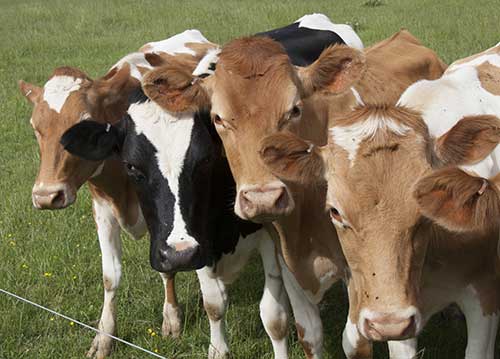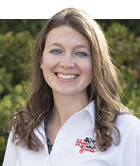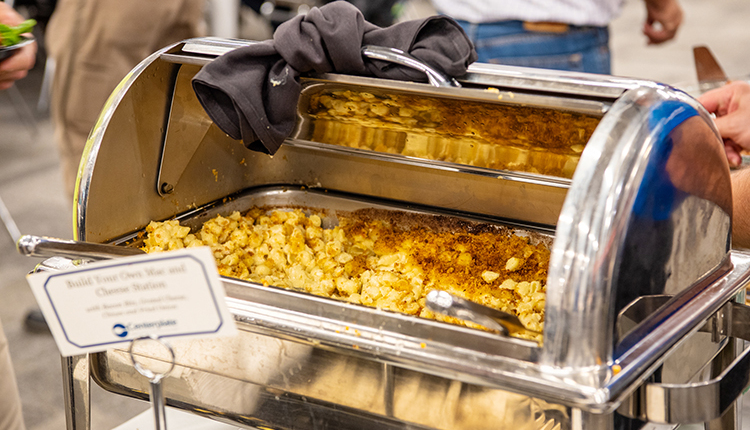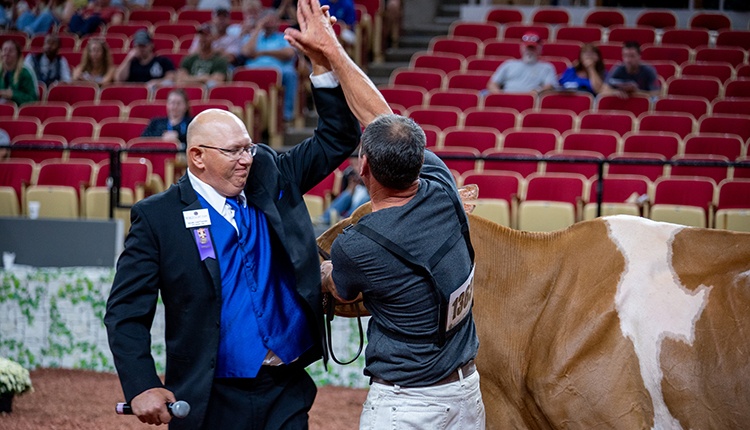
"If you don't want to graze your cows, at least consider rotationally grazing your heifers." That was the advice given by Larry Tranel, Iowa State Extension Dairy Specialist, at an Iowa Dairy Days meeting this month. He shared several potential benefits to raising heifers on pasture.
For starters, grazing heifers can be a great cost savings. Cornell University research from a few years ago found that heifers grazed 1.5 seasons before calving cost $284 less to raise, 12 percent less than heifers raised in confinement. Feed and labor cost savings per day depended on the age of heifer and can be found in the chart below.

Grazing can also reduce labor costs as less time is spent harvesting feed and hauling manure. The benefits, however, go beyond the immediate dollars and cents.
"It's not just a cost savings," Tranel said. More research from Cornell University showed that some early lactation health problems were reduced in first calf heifers that were rotationally grazed for 5 months prior to calving compared to a group raised in confinement before freshening. Of the 50 grazing heifers, only 6 were treated for post-partum diseases; almost half of the 50 confinement heifers received treatment for some sort of fresh cow ailment. Similar results were found in studies done by the University of Minnesota.
Heifers raised on pasture have also been found to produce more milk. First lactation cows raised on pasture as heifers made 25,328 pounds of ME (mature equivalent) milk in their first lactation. This was compared to 23,415 pounds of first lactation ME milk from heifers raised in confinement.
"Take a second look at grazing heifers," encouraged Tranel. The cost savings in conjunction with potential health benefits and added pounds of milk are certainly worth considering, he said.

The author is an associate editor and covers animal health, dairy housing and equipment, and nutrient management. She grew up on a dairy farm near Plymouth, Wis., and previously served as a University of Wisconsin agricultural extension agent. She received a master's degree from North Carolina State University and a bachelor's from University of Wisconsin-Madison.








